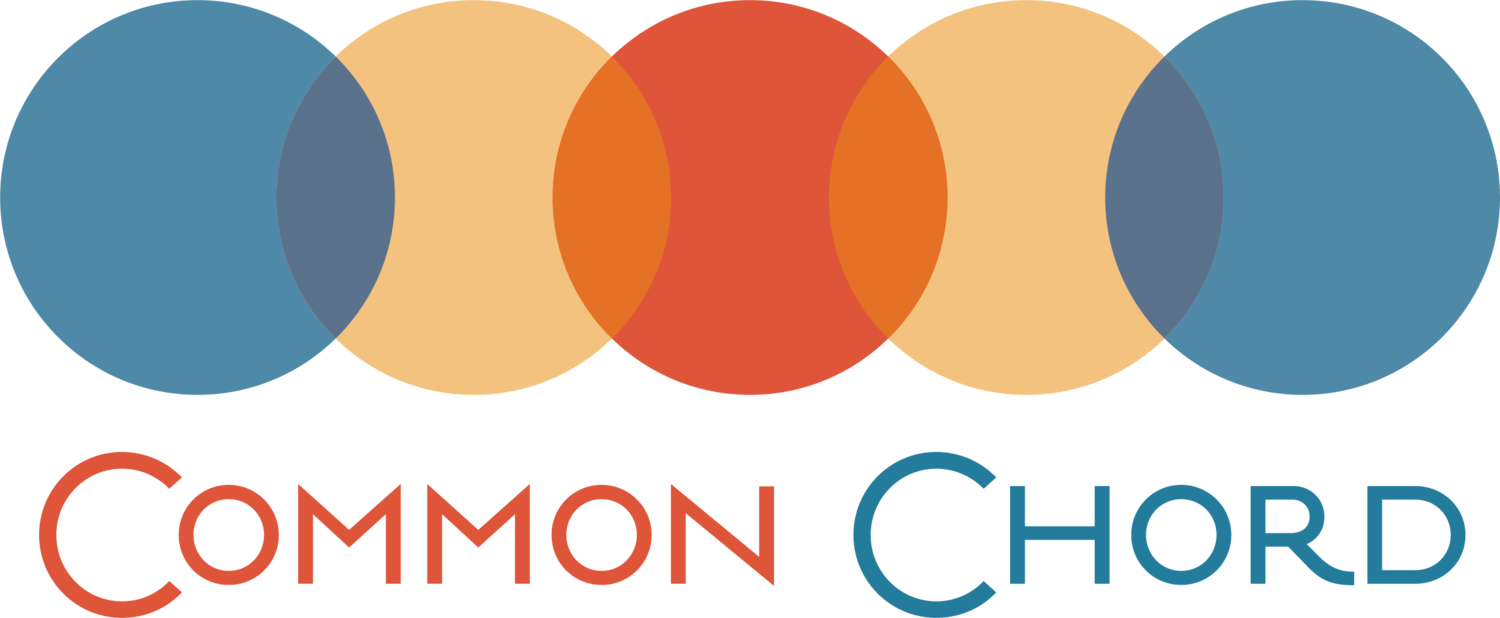Recognizing the Brain-Behavior Connection
When I first sat in classes learning about brain science, I confess I rolled my eyes some. I was a pure child development and family systems thinker. Imagining that our behavior was dictated by our brains felt reductionist to me. It felt limiting to imagine that our feelings, choices and personalities were based in wiring. I bucked against fully “buying in” because it seemed fatalistic.
Then I worked with kids and families for more than twenty years. I watched as families tried to navigate challenging behaviors and big feelings. I spent a lot of time in communities of adoptive families and with children who had experienced many adverse experiences. I quickly learned I needed to know and understand more about the brain, body, big feelings, and behavioral connections.
Research, and my own clinical experience over time, have shown that children who have experienced attachment loss, or stressors in utero, or trauma during childhood often experience structural and functional brain changes. The protective and reactive centers of their brains, known as the “downstairs brain”, a term coined by Dr. Dan Siegel, are well-developed and often on-guard to respond to imagined threats. When this reactive and protective center of the brain ignites, the frontal cortex, including functions like planning, anticipation, organization, impulse control and reasoning, are less active and available. Consequently, children move quickly into the classic fight, flight, or freeze response and their behaviors can look really inappropriate for their surroundings. It can be confusing for everyone involved.
Understanding basic brain science can be a HUGE help to kids and families. Understanding the connection between the brain and behavior has changed and shaped all of my clinical work.
There are a few basic tenets that help me help families and people working with children.
What we tell ourselves about WHY children are behaving the way they are, informs how we approach the behavior. If we understand brain science we are less likely to take behavior personally, or make judgements about our kids.
Brain science, and understanding concepts like Dr. Siegel’s Flip Your Lid and the Upstairs/Downstairs brain, truly helps kids and parents understand why certain situations lead to big feelings and how to best calm big feelings. Everyone feels more successful.
Brain science research highlights that adverse events clearly impact brain development, and ultimately feelings, attachment and behavior. It is critical that kids and families understand that this does not mean there is “brain damage”, and doom and gloom are not inevitable. There are often developmental delays and differences that need understanding, secure attachment and loving commitment to heal.
Brain science research also highlights the plasticity of the brain, and offers tremendous hope through the healing power of attachment. In the contest of safe caring relationships, hearts heal, and brains grow and build connectivity.
Helping parents and caregivers understand brain science can truly change the flow of daily family living. I often marvel at how impactful it is for caregivers to have “ah-hah” moments about connected parenting that quickly translate into greater regulation for everyone in the family.
To learn more about brain science, check out my most recent podcast episode with Jessica Sinarski. She does a lot of work related to regulation and brain science and is a wealth of knowledge on the subject as well. This is an invitation to learn more, worry less, and connect well with your children.
Dr. Laura Anderson
Dr. Laura S. Anderson specializes in educating and supporting families, as well as clinicians who support transracial adoptive families, across the globe to overcome barriers, derive strength from their differences, and thrive. She is a dynamic advocate for multiracial families and a strong advocate for supporting "third culture" children and families who may need support with the stressors associated with living out of their countries of origin.
Contact Dr. Anderson here.



